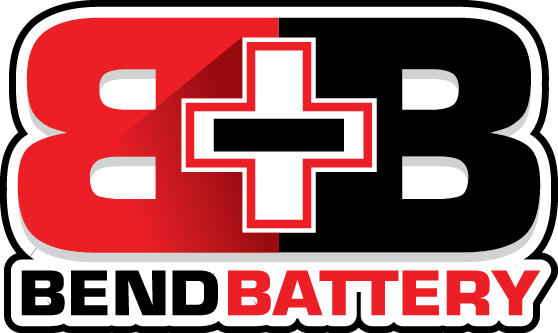Why Power Matters in Animal Care
Healthy livestock equals a healthy operation. But keeping animals safe, fed, and comfortable requires consistent energy. Fans in barns regulate airflow, heaters keep newborn calves warm in winter, and water pumps ensure animals never run dry. A single outage can quickly escalate into a welfare issue.
Risks of Power Failure
Without reliable electricity, feed mixers stop, ventilation systems shut down, and automated waterers can fail. On hot days, animals may face heat stress within hours if barn fans or misting systems go down. Even short outages can impact animal health and productivity—chickens lay fewer eggs, cows produce less milk, and stress levels rise.
Energy Solutions for Livestock Operations
Farmers are turning to integrated power systems to safeguard their herds. Lithium battery banks paired with inverters ensure uninterrupted service. Solar arrays can supplement power during daylight, while a generator input offers backup for prolonged cloudy spells. Systems designed with automatic transfer switches mean the transition between sources is seamless, so animals are never left in the dark—or heat.
Beyond Basic Needs
It’s not just survival. Comfort plays a role in productivity. Dairy cows, for example, produce more milk when kept in cooler, well-ventilated barns. Poultry thrive when lighting and temperature cycles remain consistent. Reliable energy isn’t an expense—it’s a productivity tool that pays back through healthier, higher-yield animals.
Practical Steps for Farmers
-
Audit current energy loads (fans, heaters, pumps, automation).
-
Identify critical systems that must never go offline.
-
Size a power backup system to handle at least those loads.
-
Integrate renewable sources where possible to offset costs.
Livestock depend on their caretakers, and caretakers depend on power. Investing in resilient farm energy ensures that no matter what the grid does, animals stay safe and production stays steady.


Share:
Powering Modern Agriculture: Why Reliable Energy is the Hidden Backbone of Your Farm